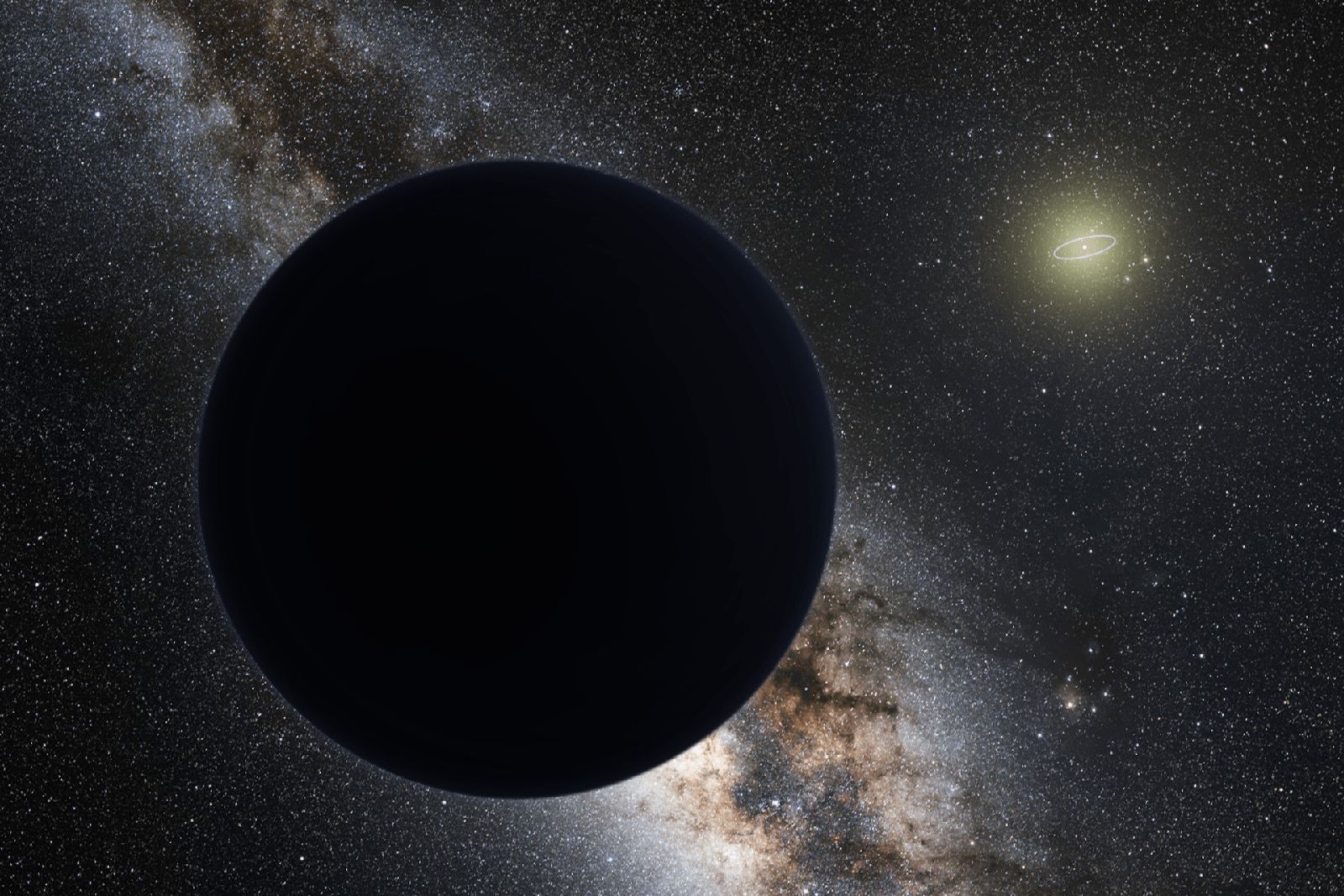
NASA has not confirmed the existence of Planet 9, a giant hypothetical object believed to be lurking at the edges of the solar system, contrary to reports—but what the space agency has said is that evidence is currently pointing towards it being real, and that scientists may be starting to close in on it.
The idea behind Planet 9 is not new. Scientists have argued there is a ninth planet (after Pluto was downgraded to dwarf planet) sitting somewhere beyond Neptune since 2014. Two years later, a team from Caltech presented evidence to show something was disturbing the orbits of Kuiper Belt Objects (KBOs)—the Kuiper Belt is a huge shell of icy objects that encases the solar system.
The weird orbits of these KBOs could only be explained if there was a massive object nearby exerting a gravitational influence on them.
In a recent press release, NASA notes that the signs of Planet 9 are "so far indirect," but that the KBO observations add up to a "compelling case" for it existing.
"There are now five different lines of observational evidence pointing to the existence of Planet 9," said Konstantin Batygin, a planetary astrophysicist at Caltech.
"If you were to remove this explanation and imagine Planet 9 does not exist, then you generate more problems than you solve. All of a sudden, you have five different puzzles, and you must come up with five different theories to explain them."
As well as the KBOs, Planet 9's existence also helps explain why all the other planets in the solar system are tilted around six degrees compared to the sun's equator. Computer simulations show that Planet 9 would make the whole solar system wobble, creating what we see today.
At present, Planet 9 is estimated to have a mass about 10 times that of Earth and is orbiting the sun at a distance 20 times farther than Neptune. There are two prevalent hypothesises about how it ended up so far out. One is that it started life in the inner solar system but was kicked out by gravitational interactions with Jupiter and Saturn. The other is that it is an exoplanet from another solar system that our sun managed to commandeer.
Without finding Planet 9, we will not be able to say where it came from. And the hunt is now on to find it. Citizen scientist projects—including one led by NASA—are being run across the globe, inviting members of the public to help track down this hidden world.
So when, if it exists, will it be found? Dimitri Veras, from the University of Warwick, U.K., recently told Newsweek that to hone in on Planet 9's location, we will need to find more evidence of its gravitational influence in the outer solar system. "If more Kuiper Belt Objects are discovered which have clustered orbital elements, then the suggestion for Planet 9's existence becomes stronger, and constraints on the location of Planet 9 would improve," Veras explaind.
"The mystery will be solved only if we find Planet 9, because our detection capabilities for such far-away objects are limited. If the object is small enough, dark enough and far away enough, then we won't find it with current technology, and we will just have to wait."
Uncommon Knowledge
Newsweek is committed to challenging conventional wisdom and finding connections in the search for common ground.
Newsweek is committed to challenging conventional wisdom and finding connections in the search for common ground.
About the writer
Hannah Osborne is Nesweek's Science Editor, based in London, UK. Hannah joined Newsweek in 2017 from IBTimes UK. She is ... Read more
To read how Newsweek uses AI as a newsroom tool, Click here.








